Date: 16 October 2008
Through its original and always highly useful solutions, the Madras® glass line covers a surprisingly wide range of applications across widely differing sectors.
Façade coverings: technology and décor by Madras®
While satin-finish glass became a classic façade covering years ago, “decorated” glass is still less commonly. Of the examples that can been seen, some are extremely interesting and pleasing to look at. It was a natural development for Vitrealspecchi to offer solutions that optimise cost/benefit calculations for this sort of application. The glass the Company is exhibiting at Glasstec is the fruit of its collaboration with Ivo Pellegri (decorative patterns) and Sipam (structural design) and it showcases the interaction of décor and technology. Stopsol Supersilver, for example, is a classic pyrolytic glass for solar control applications that’s been given special Vitrealspecchi etching treatment: in double glazing it interacts with a satin-finish, enamel- or clear back pane to produce a striking effect that can also be admired on large surface areas of glass seen at a distance. Methods of assembly in double glazing units and the processes supported by the glass depend on the characteristics of the base materials used: Madras® etching does not alter performance characteristics but does extend aesthetic potential.
Madras® Pixel: shielding with glass ![]() Versatility and technology are what provide the real value added of Madras® Pixel, the glass that produces a shielding effect without being painted, with all the advantages that this brings in terms of performance and savings. Stepping away from the traditional technique of a printed layer of coating, Vitrealspecchi produces an innovative system called Madras® Pixel, which reproduces a complete curtain effect on glass. The result is not only highly aesthetic, but also features technological performance and energy savings. A special patented procedure of chemical etching creates a uniform matte surface interspersed by small transparents dots. The final effect is perfectly homogeneous and from a distance might recall the more dense effect of satin-finish glass. In fact, Pixel shields against sunlight naturally, like a curtain, without excessively reducing the luminous
Versatility and technology are what provide the real value added of Madras® Pixel, the glass that produces a shielding effect without being painted, with all the advantages that this brings in terms of performance and savings. Stepping away from the traditional technique of a printed layer of coating, Vitrealspecchi produces an innovative system called Madras® Pixel, which reproduces a complete curtain effect on glass. The result is not only highly aesthetic, but also features technological performance and energy savings. A special patented procedure of chemical etching creates a uniform matte surface interspersed by small transparents dots. The final effect is perfectly homogeneous and from a distance might recall the more dense effect of satin-finish glass. In fact, Pixel shields against sunlight naturally, like a curtain, without excessively reducing the luminous ![]() transmission factor. This explains why it lends itself to such diverse applications, including shelters, parapets, false ceilings, walls, doors and windows and whatever else requires glass with a sober design and high performance characteristics. Madras® Pixel can be tempered, curved and laminated. Avalaible in sheet sizes 2250 x 3210 millimetres. Thicknesses from 4 to 12 millimetres.
transmission factor. This explains why it lends itself to such diverse applications, including shelters, parapets, false ceilings, walls, doors and windows and whatever else requires glass with a sober design and high performance characteristics. Madras® Pixel can be tempered, curved and laminated. Avalaible in sheet sizes 2250 x 3210 millimetres. Thicknesses from 4 to 12 millimetres.
Technical characteristics
- Base material: float glass to UNI EN 572-1,2: 2004
- Standard plate size: 2250 x 3210 mm
- Thicknesses: up to 12 mm
- Colours: clear, extra-clear, green, grey, bronze, blue
- All mechanical and heat processes (cutting, tempering, bending, laminating, silvering, painting, etc.) are supported, provided they’re compatible with the base product used: float glass, laminated float glass
Madras® Flooring: non-slip glass for floors and stairs. ![]() The latest anti-slip surfaces are Madras®. Ideal for high visual-impact flooring and stairs, it combines the unique aesthetic qualities of glass with exclusive performance characteristics certified to international standards. It offers a generous range of textures with varying patterns for use in large or confined spaces, all showing exquisite combinations of engraving and relief and roughness and transparency providing safe grip whether dry or wet. Madras® Flooring can be tempered and laminated, which is indispensable in glass for walking surfaces. When laminated with transparent float glass and suitably backlit, it produces superb flooring, especially for halls and entertainment facilities, etc. And when laminated with transparent or coloured PVB and suitably backlit, it produces superb flooring, especially for halls and
The latest anti-slip surfaces are Madras®. Ideal for high visual-impact flooring and stairs, it combines the unique aesthetic qualities of glass with exclusive performance characteristics certified to international standards. It offers a generous range of textures with varying patterns for use in large or confined spaces, all showing exquisite combinations of engraving and relief and roughness and transparency providing safe grip whether dry or wet. Madras® Flooring can be tempered and laminated, which is indispensable in glass for walking surfaces. When laminated with transparent float glass and suitably backlit, it produces superb flooring, especially for halls and entertainment facilities, etc. And when laminated with transparent or coloured PVB and suitably backlit, it produces superb flooring, especially for halls and ![]() entertainment facilities, etc. Otherwise, when laminated with an opaque film or mirror glass, it forms highly refined, high-tech style “tiles”, also for floating floors. Because of its performance characteristics and special aesthetic qualities, Madras® Flooring has been used in places of considerable international prestige, such as Apple Stores (stairways) in the USA and UK and in Germany, in the Deutsche Post Tower in Bonn.
entertainment facilities, etc. Otherwise, when laminated with an opaque film or mirror glass, it forms highly refined, high-tech style “tiles”, also for floating floors. Because of its performance characteristics and special aesthetic qualities, Madras® Flooring has been used in places of considerable international prestige, such as Apple Stores (stairways) in the USA and UK and in Germany, in the Deutsche Post Tower in Bonn.
Technical characteristics
- Base material: float glass to UNI EN 572-1,2: 2004
- Standard plate size: 2250 x 3210 mm
- Thicknesses: 8/10 mm
- Colours: clear, extra-clear
- All mechanical and heat processes are supported
Doors: new textures from Madras®  The sophisticated feel of Lino, the intriguing optical effect (moiré) of Wengé or the effervescent surface of Brio: an unusual tactile pleasure characterizes these new Madras® products for all-glass and metal frame doors, items to which these products offer new aesthetic potential something experience. The fine intricacy of the etching, fruit of Vitrealspecchi long experience, produces textures with new qualities that are enhanced by the light and appreciated by our sense of touch as well. No surprise then that some of the leading door and window brands choose Madras®.
The sophisticated feel of Lino, the intriguing optical effect (moiré) of Wengé or the effervescent surface of Brio: an unusual tactile pleasure characterizes these new Madras® products for all-glass and metal frame doors, items to which these products offer new aesthetic potential something experience. The fine intricacy of the etching, fruit of Vitrealspecchi long experience, produces textures with new qualities that are enhanced by the light and appreciated by our sense of touch as well. No surprise then that some of the leading door and window brands choose Madras®.  Technical characteristics
Technical characteristics
- Base material: float glass (single plate) to UNI EN 572-1,2: 2004; laminated float glass to UNI EN 12543: 2000
- Standard plate size: 2250 x 3210 mm
- Thickness: up to 12 mm
- Colours: clear, extra-clear, green, grey, bronze, blue
- All mechanical and heat processes are supported
Interiors vibrating with light: Wengé MDF effect  With Madras® Wengé MDF (photo 05), glass reveals fascinating effects for interior and exterior applications, such as walls and all-glass doors, shower walls, balconies, façades, etc. Its perfectly smooth texture is produced by irregular lines alternating between opaque and transparent, on both sides. This produces an interesting moiré effect which is particularly striking on large surfaces, where the eye can experiment with continually changing perspectives.
With Madras® Wengé MDF (photo 05), glass reveals fascinating effects for interior and exterior applications, such as walls and all-glass doors, shower walls, balconies, façades, etc. Its perfectly smooth texture is produced by irregular lines alternating between opaque and transparent, on both sides. This produces an interesting moiré effect which is particularly striking on large surfaces, where the eye can experiment with continually changing perspectives.
Technical characteristics
- Base material: float glass (single plate) to UNI EN 572-1,2: 2004; also available, on request, on a laminated float base to UNI EN 12543: 2000
- Standard plate size: 3210 x 2250 mm
- Standard thickness: 5 mm
- Non-standard thicknesses: up to 12 mm
- Colours: clear, extra-clear
- All mechanical and heat processes (cutting, tempering, bending, laminating, silvering, painting, etc.) are supported, provided they’re compatible with the base product used: float glass, laminated float glass
Madras® Lac: tangible reflections  Covering materials for interior decoration and furnishing are attracting a lot of interest these days: the key parameter here is the quality-personalization-price ratio, especially for the economies of scale typical of industrial production. Vitrealspecchi’s new Madras® Lac collection is the answer: special Madras® etching techniques enable glass to create a variety of effects not afforded by other materials. They also provide the
Covering materials for interior decoration and furnishing are attracting a lot of interest these days: the key parameter here is the quality-personalization-price ratio, especially for the economies of scale typical of industrial production. Vitrealspecchi’s new Madras® Lac collection is the answer: special Madras® etching techniques enable glass to create a variety of effects not afforded by other materials. They also provide the  exquisitely crystalline brilliance sought by designers to cover sliding doors, walls, reception desks and furnishing accessories for day and night spaces.
exquisitely crystalline brilliance sought by designers to cover sliding doors, walls, reception desks and furnishing accessories for day and night spaces.
Technical characteristics
- Base material: float glass (single plate) to UNI EN 572-1,2: 2004
- Standard plate size: 2250 x 3210 mm
- Thickness: 4 mm
- Colour: white, black
- Processing supported: cutting, edgework, drilling
- Applications: interior only. A special safety version (Safe) is available on request (to UNI EN 12600)

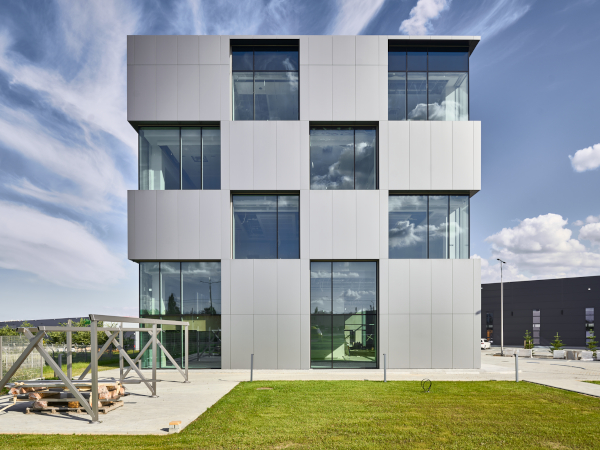
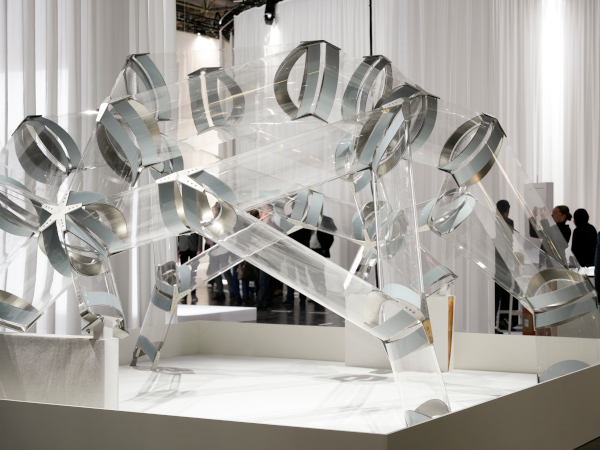


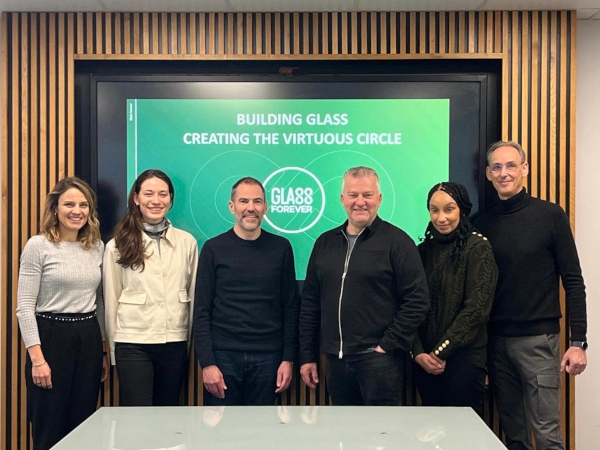



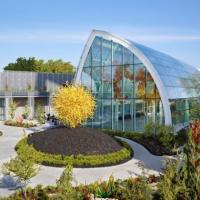
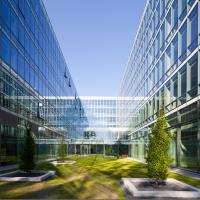
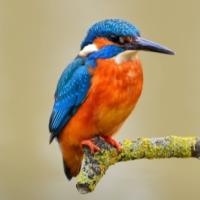
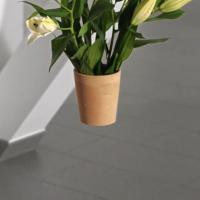
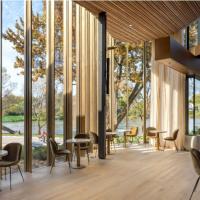
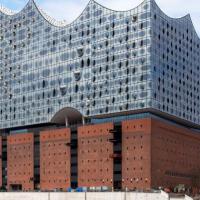
Add new comment